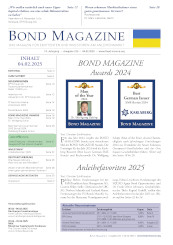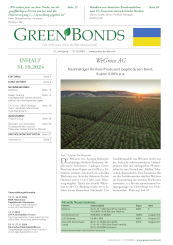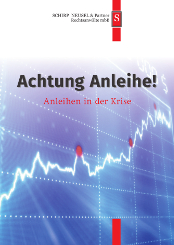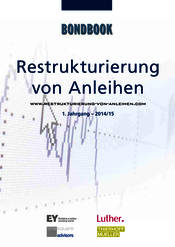“It ain’t over till the fat lady sings!” or in the case of Indonesia and India’s elections, till the votes are actually counted and the results announced.
Indonesia’s legislative and India’s general elections started last week with results expected on 9th and 16th May respectively. In both markets, election optimism has driven rallies in both the Indonesian rupiah (IDR: +7.9%) and Indian rupee (INR: +5.7%). This optimism has been premature though given the uncertainty over party manifestos, election results, the strengths of any likely coalitions and macroeconomic implications.
Tears have started appearing in this veil of optimism which serves as a reminder of the unpredictability of elections. Just earlier this week, India’s opinion polls were announcing that the Bharatiya Janata Party (BJP) would likely take 275 seats (surpassing the 272 seat majority required). By the end of the week, there was news that Telugu Desam Party (TDP) which has 14 seats, have pulled out of their alliance with BJP.
In Indonesia, exit polls show a weaker than expected performance of presidential frontrunner Joko Widodo ’s PDI-P (Indonesian Democratic Party of Struggle) where 19% of the popular votes have gone to PDI-P. This compares with expectations of around 25% for PDI-P in the various opinion polls over the last few months, and indeed of a significantly higher number (+30%) in recent polls after the frontrunner, nicknamed Jokowi, was nominated officially as the party candidate for Presidency.
Although both countries opinion and exit polls show a win for the market’s favourite candidate, it is important to remember that a country’s future prospects are very much determined by the strength of the president in his/her party and parliament. Growth plunged in the wake of a severely fractured Congress Coalition during the last term in India. For Indonesia, the exit poll suggests that Jokowi’s position is likely to be weaker than initially expected by way of 1) An increase in PDI-P President Megawati’s influence over Jokowi and 2) the need to now form a broader coalition in parliament which will make it harder for him to implement his agenda. In India the circumstances are very much the same for the BJP’s Narendra Modi.
At this current juncture, we feel that the market’s euphoria is unjustified and as such is we are underweight IDR and INR across portfolios.
www.fixed-income.org
----------------------------------------
Soeben erschienen: BOND YEARBOOK 2013/14 -
Das Nachschlagewerk für Anleiheinvestoren und -Emittenten
Renommierte Autoren und Interviewpartner nehmen Stellung zu den Themenfeldern High Yield-Anleihen, Mittelstandsanleihen, Covered Bonds, Investmentstrategien sowie Tax & Legal. Das jährliche Nachschlagewerk erscheint bereits im 5. Jahrgang und hat einen Umfang von 100 Seiten.
Inhaltsverzeichnis:
http://www.fixed-income.org/fileadmin/2013-11/BOND_YEARBOOK_2013_14_Inhaltsverzeichnis.pdf
Die Ausgabe kann zum Preis von 29 Euro beim Verlag bezogen werden:
http://www.fixed-income.org/fileadmin/2013-11/BOND_YEARBOOK_2013_14_Bestellung.pdf
----------------------------------------












